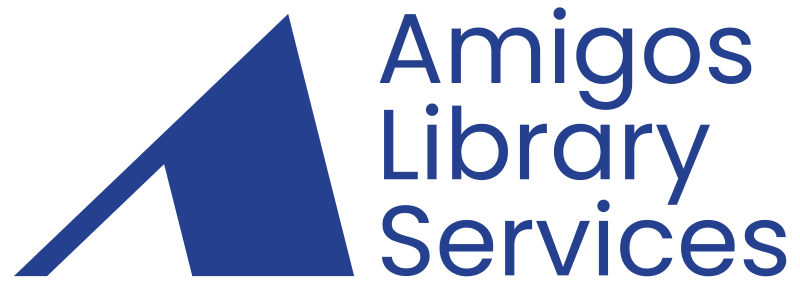RDA for Video Recordings
Library collections contain many types of video formats, from Blu-Ray discs to streaming videos. Using the Resource Description and Access (RDA) instructions relevant to cataloging tangible and digital video recordings, gain proficiency with descriptive elements, choice of preferred source of information, access points, and relationship elements for video content.
